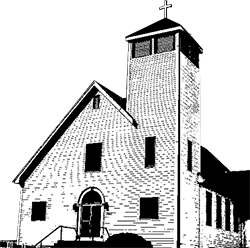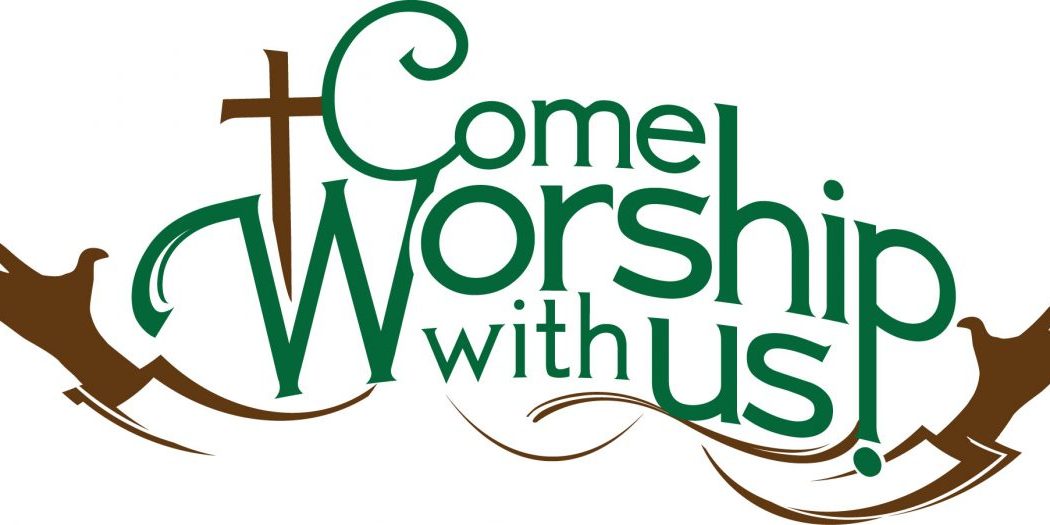Worship in our time is no small challenge! We seek to be inclusive of the almost infinite diversity of people, cultures, and beliefs that are such a vital part of our communities. That effort has made us look very critically at what we say and how we say it when we worship God together, and what we mean.
We no longer live in a time when many things about who we are and what we believe are accepted as status quo. The traditional Christian claim that Christ is the exclusive and only path to God is no longer tolerable in the wake of our global awareness of a religiously plural world. There are many deeply meaningful ways human beings have evolved in their connection to God, each other and all living things.
We are called to be the family of God in a world that still uses the combination of religion, politics and economics to create conflict, justify prejudice, go to war, oppress a gender, discriminate against alternate lifestyles (people who fall outside the prohibitions we use to define who is “one of us” and who is not), normalize disparity and violence, and so often uses religion to create divisions among people. In a time when we know no human being varies genetically from another by more than .01%, all belief systems are called to rethink their claims, and move toward expressions that both honour their relationships with God, and are shaped by the knowledge and wisdom of an evolving humanity.
The modern phenomena of the half (or more!) empty church leaves us with a few choices. Two of them are: we can continue to believe God favours one group above all others and keep staggering down the religiously exclusive and prejudiced path our history is so full of; or we can recognize and respect empty pews as the voice of recent generations no longer able to tolerate many of the unacceptable teachings of the historical church, and listen ….
How do we speak to each other, and with God using language that gives voice to the love we find in Jesus’ teachings, while cherishing and respecting the ethics and spirituality of all seven billion of God’s children on this planet? How do we live the commandment to love one another in a way that matters more than borders, boundaries, self-imposed limitation? How do we live a faith wherein we are equals in a global society whose future depends on our ability as human beings to find reasons to be together?
If there are two things that all people are able to understand and connect with, they are love and suffering (Ghandi said this). If anything, Jesus was someone who rebelled and stood against the way politics, economics, culture, religion and ideologies cause suffering. If anything, he did not offer us a religion but rather a way of life and a way of compassion that reconnected us to one another and to God.
And so, shouldn’t the way we talk, pray and worship together be about that as well?
At St. Andrew’s we seek to become better at worshipping together in a way that is inclusive, progressive and imaginative. In ways that strengthen our sense of owning the kind of love and compassion Jesus lived. We seek to do that in a way that embraces love and loving one another as the core of personal and global ethics, with a faith that honors all of God’s creations.
Within that overall approach, you will find a full range of people and faith here. Some are traditional, some are moderate, some radical and some are progressive. 9am worship is very traditional, using the Book of Common Prayer. 10:30am worship ranges from modern (using the Book of Alternative Services) to progressive (worship that reflects the thoughts expressed in this essay). We welcome everyone.
Peace
The Rev’d Mark Pretty

